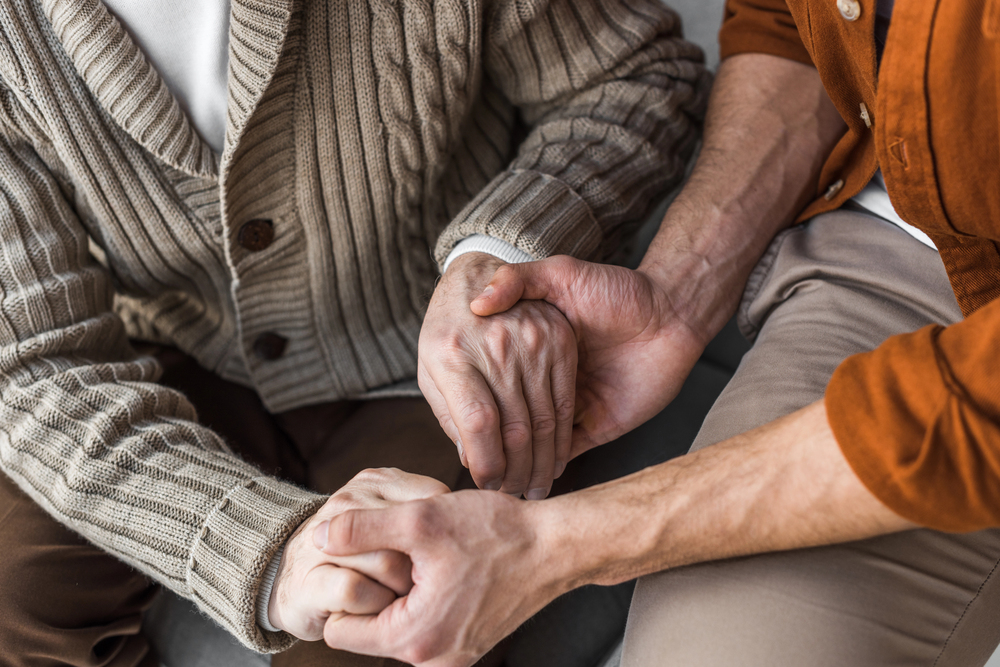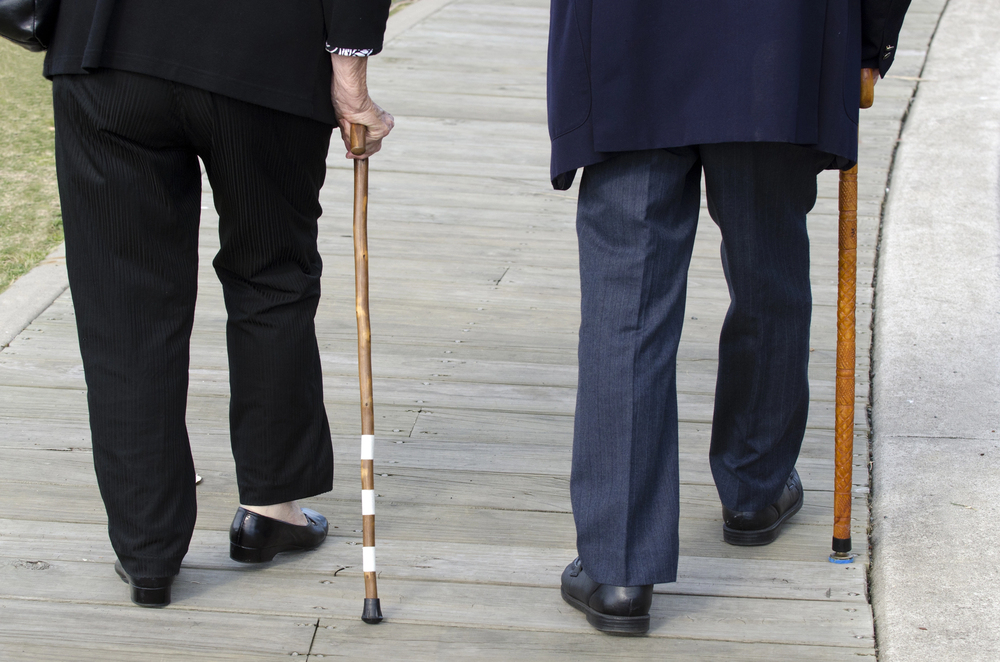
Ever observed how no one’s dying words are, “I wish I spent more time in the office?” As the curtain falls at the end of life, it’s not the grand, operatic fears that weigh on most individuals’ minds, but the soft pain of lost opportunities and unspoken truths. Hospice nurses, those privileged witnesses to the final scene of life, listen to the same confessions again and again, and their wisdom is a goldmine for any person who desires to live (and love) more courageously.
What if you could bypass the regret and skip ahead to a life that is genuinely yours? Based on decades of bedside experience and current research, here’s the unvarnished examination of the top end-of-life regrets and, more importantly, how to avoid them in the first place with practical, evidence-based strategies while you’re still in the midst of living. Warning: hard truths, some tugs at the heart, and plenty of optimism.

1. Not Living True to Yourself: The Most Universal Regret
It turns out, the number one regret isn’t about money, fame, or even health, it’s about authenticity. Bronnie Ware, a palliative care nurse, found that the most common confession was, “I wish I’d had the courage to live a life true to myself, not the life others expected of me.” This theme echoes across cultures and generations. Individuals come to understand too late that they’ve put their dreams on the back burner for family, partners, or society. The science confirms it: one systematic review discovered that regret at not having fulfilled personal objectives is one of the most long-lasting and agonizing kinds of regret, particularly later in life. The lesson? Begin small invite in what inspires you, and say no to what extinguishes your spark. As Ware puts it, “It is very important to try and honour at least some of your dreams along the way.”

2. Not Expressing or Accepting Love Both Ways Matters
It’s easy to think love is something that just happens, but at the end, people regret not being more intentional about it. One hospice patient admitted, “I harbored anger and shut people off for silly things, and I don’t even remember why. I never loved. I never allowed myself to have the opportunity to feel it, and now I realize this is the whole purpose of life.” This is not sentimental, this is practical. Studies indicate that not communicating feelings and allowing relationships to deteriorate is a significant cause of regret in older years. But it’s not only about receiving love, but many of us regret not allowing ourselves to be loved, as well. Putting up walls can be comforting, but it can end in isolation. The science confirms that social connection is a shield against regret and depression. “People cannot control the reactions of others,” writes Ware, “but in the end, it raises the relationship to a whole new and healthier level.”

3. Working Too Hard and Missing the Little Things
If you’re working so hard you hardly notice the seasons passing, you’re not alone. Ware’s patients, particularly men, frequently say, “I wish I hadn’t worked so hard.” They missed family dinners, laughter, and the everyday magic of everyday life. Julie McFadden, another hospice nurse, says that her patients “wish they hadn’t worked their life away.” The statistics concur: overworkers commonly regret lost time with family and friends and the joys of just being alive. The solution? Streamline where possible, and consciously choose to focus on what is most important. As McFadden states, “You can still live a fulfilled life if you can, on a daily basis, live in gratitude for the little things.”

4. Judging Yourself Too Harshly And Not Practicing Self-Compassion
Here’s one that catches up with even the most self-conscious: “I regret that I judged myself so much and didn’t love myself more.” The science is candid: harsh self-criticism and dwelling on regrets have been correlated with reduced life satisfaction, increased depression, and even physical illness. But there’s a bright side, research has found that learning to accept your regrets and treating yourself with kindness can actually increase well-being. One study discovered that individuals who “fully accepted their life regret” reported having the highest psychological and physical well-being. It’s not a matter of removing errors, but learning to look at your decisions in a more tolerant way. As one nurse instructs, “Once we comprehend that life is a learning experience, we can perceive our decisions in a more tolerant light.”

5. Allowing Friendships to Drift Away
It’s common to let friendships fall by the wayside when things get hectic, but when time is short, most regret they didn’t keep in touch. Ware says, “Everyone misses their friends when they are dying.” Research verifies that drifting apart from friends is a leading regret, and loneliness becomes a heavy load in old age. The so-called “loneliness epidemic” is not imagined, by the way, and polls indicate a high percentage of adults say they have no close friends. The actionable takeaway? Call, text, or coffee. Friendships are a key ingredient in a life well-lived.

6. Not Valuing Health Until It’s Lost
Julie McFadden explains that the most common regret she hears is not about work or relationships, but about health. “They didn’t realize how fortunate they were to have a healthy body,” she says. The remorse isn’t only about sickness, but about not enjoying the capacity to walk, breathe, or merely feel the sun. There’s science behind it: gratitude and happiness can be bred by appreciating small things such as movement and sensation. The moral: enjoy your body’s capabilities, no matter how humble, and don’t wait until a crisis to begin taking care of your health.

7. Not Resolving Family Feuds or Apologizing
Rues over unforgotten family drama or unuttered apologies are heartbreakingly prevalent. McFadden describes her patients as wanting they’d “not said sorry when they should have, not getting back together sooner with their estranged sister, or caring too much about what people thought.” The literature is definitive: unsettled conflicts and the inability to make up can weigh heavily in the end. The solution? Don’t wait for the ideal time to call, apologize, or release past resentments. It’s seldom too late to begin healing.

8. Not being a Part of Significant Decisions, particularly toward the end
Regret isn’t merely about the things you did or didn’t do, but also about not being heard when it really counted. A major study in Japan discovered that bereaved families experienced much less regret when patients and families were actively engaged in end-of-life choices. Satisfaction regarding participation, information clarity, and support from physicians and friends all decreased regret. The takeaway? Speak up regarding your desires, and prompt open discussion with loved ones. Being included in the decision-making process can bring closure even in the most difficult situations.

9. Allowing Fear of Judgement or Change to Prevent You from Being Happy
Perhaps surprisingly, few people discover until they are dying that happiness is a choice. Ware states, “Many did not realise until the end that happiness is a choice.”. They had remained mired in old habits and ways. Fear of change had them faking to others, and to themselves, that they were happy. Happiness research indicates that the simple act of choosing happiness, even in small, daily ways,s can significantly enhance well-being. The antidote? Take small risks, experiment, and don’t let fear or other people’s judgments hold you back from joy.
Deathbed regrets aren’t cautionary stories; they’re calls to live more intentionally, bravely, and with heart. The science and the stories concur: regret may be a part of being human, but it needn’t be the last word. By listening to what matters most, authenticity, connection, gratitude, and kindness toward self, everyone can craft a more purposeful, regret-minimal life, beginning now.


